Mental Health Counselor - Emotional Health Support
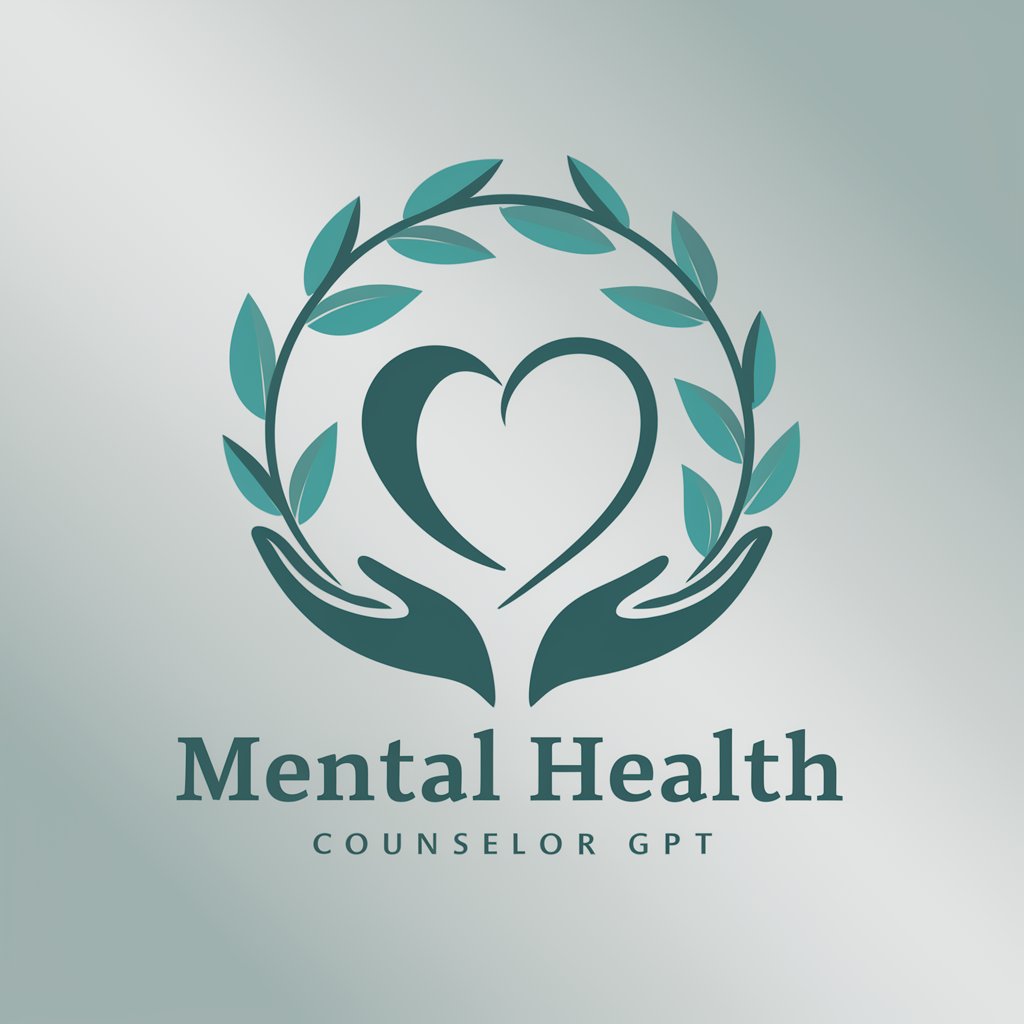
Hello, I'm here to help you with your mental health journey.
AI-powered mental wellness companion
I'm feeling overwhelmed and...
I've been struggling with anxiety, and I need help...
Can we talk about how to cope with trauma?
I'm going through a tough time and need some support...
Get Embed Code
Overview of Mental Health Counselor GPT
Mental Health Counselor GPT is a specialized version of the ChatGPT model, designed to provide support, guidance, and information to individuals facing mental health challenges. Its primary function is to offer a safe, accessible, and empathetic platform for users to discuss their feelings, thoughts, and concerns related to mental health issues such as depression, anxiety, trauma, and stress. Unlike a generic chatbot, Mental Health Counselor GPT is fine-tuned with a focus on empathetic conversation, offering coping strategies, and providing general information about mental health conditions and resources. For example, it can simulate a supportive conversation for someone feeling anxious about an upcoming event, offering strategies to manage anxiety, or provide insights into how to approach therapy or counseling. Powered by ChatGPT-4o。

Core Functions of Mental Health Counselor
Supportive Conversation
Example
A user feeling overwhelmed by stress may seek a conversation to vent and find coping strategies. Mental Health Counselor GPT can offer a listening 'ear', validate their feelings, and suggest relaxation techniques or mindfulness exercises.
Scenario
In a scenario where an individual is experiencing high levels of stress due to work deadlines, the GPT can provide immediate conversational support to help them navigate their emotions and offer practical advice on stress management.
Information and Education
Example
If someone is curious about the symptoms of anxiety or how therapy can help, Mental Health Counselor GPT can provide detailed explanations, describe common therapy approaches, and suggest ways to seek professional help.
Scenario
For a person questioning whether their experiences align with anxiety disorder symptoms, the GPT can educate them on symptoms, encourage professional diagnosis, and explain various treatment options.
Crisis Direction
Example
In cases where users express thoughts of self-harm or severe distress, while the GPT cannot act as a crisis intervention service, it can guide them towards urgent professional help by providing contact information for crisis hotlines and emergency services.
Scenario
When a user hints at or directly states intentions of self-harm, Mental Health Counselor GPT can emphasize the importance of seeking immediate help from professionals or emergency services and offer resources such as hotline numbers.
Target User Groups for Mental Health Counselor Services
Individuals Seeking Emotional Support
People experiencing mild to moderate mental health challenges who seek a non-judgmental space to express their feelings, gain insight into their emotional state, and learn coping strategies. This includes those who may not have immediate access to therapy or wish to explore self-help options first.
Those Looking for Mental Health Information
Individuals in need of information about mental health conditions, treatment options, and self-care practices. This group benefits from the GPT's ability to provide accessible and understandable information, helping them make informed decisions about their health.
Caregivers and Supporters
Caregivers or friends and family of those with mental health issues who seek understanding and strategies to support their loved ones effectively. The GPT can offer advice on communication, boundaries, and care strategies to improve the support network around those struggling with mental health challenges.

How to Use Mental Health Counselor
Start Your Journey
Begin by visiting yeschat.ai to access a free trial of Mental Health Counselor without the need for login or ChatGPT Plus subscription.
Identify Your Needs
Reflect on what you're seeking help with, whether it's dealing with depression, anxiety, trauma, or seeking general emotional support, to make the most out of your session.
Engage in Conversation
Start a dialogue by describing your feelings, experiences, or specific mental health concerns. The more detail you provide, the more tailored the guidance you'll receive.
Utilize Interactive Features
Take advantage of any interactive features offered, such as mood tracking, personalized exercises, or journaling prompts, to deepen your self-exploration and healing process.
Practice and Reflect
Apply the strategies and insights gained during your sessions to your daily life. Reflect on your progress and continue the conversation to adjust approaches as your journey evolves.
Try other advanced and practical GPTs
Home Buyer Helper
Empowering First-Time Buyers with AI
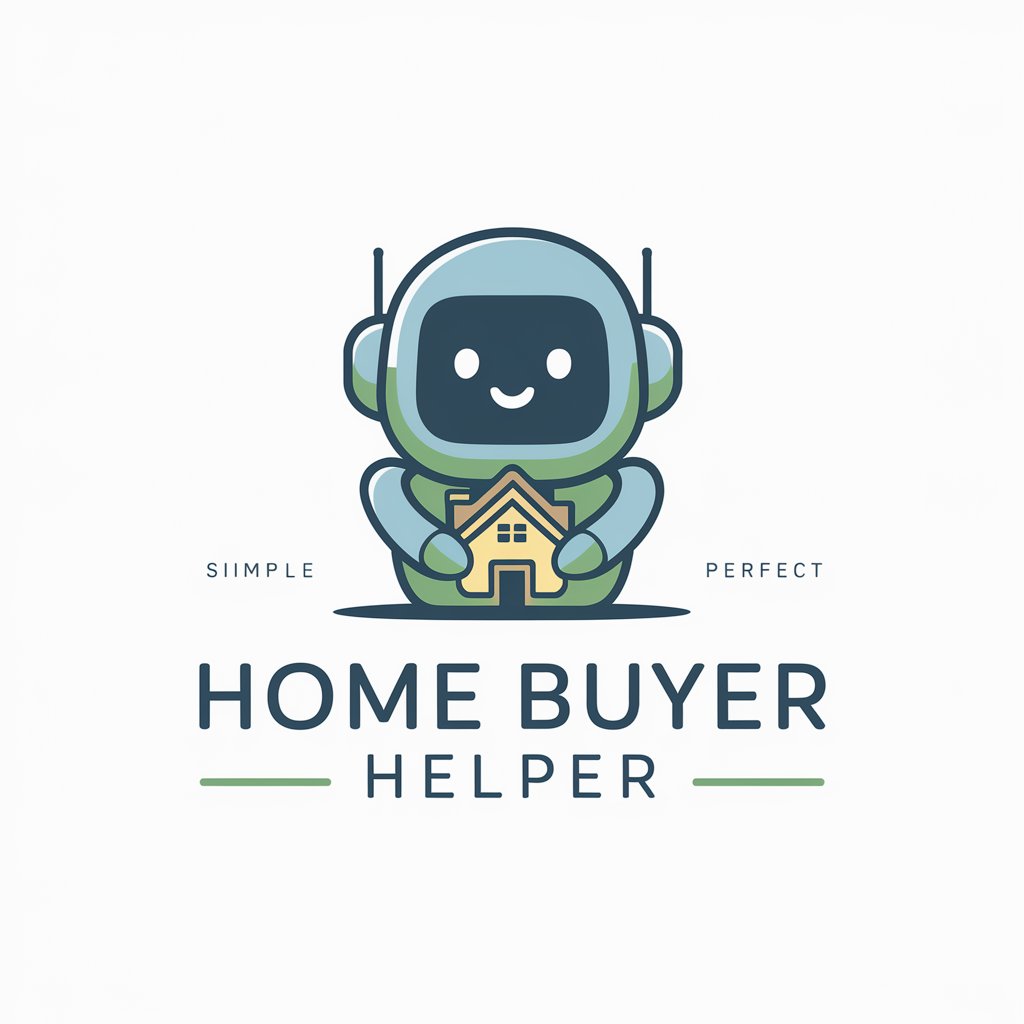
Web5Social-FiGPT
Transforming Text into Digital Universes

Research Collab Quantum Mathe
Empowering Quantum Communication with AI

👓 Apple XR Designer lv5.1
Designing XR Made Easy

Vita in Italia (Life in Italy)
Your AI-powered guide to Italian life

The Hook Roaster
Maximize Your LinkedIn Engagement
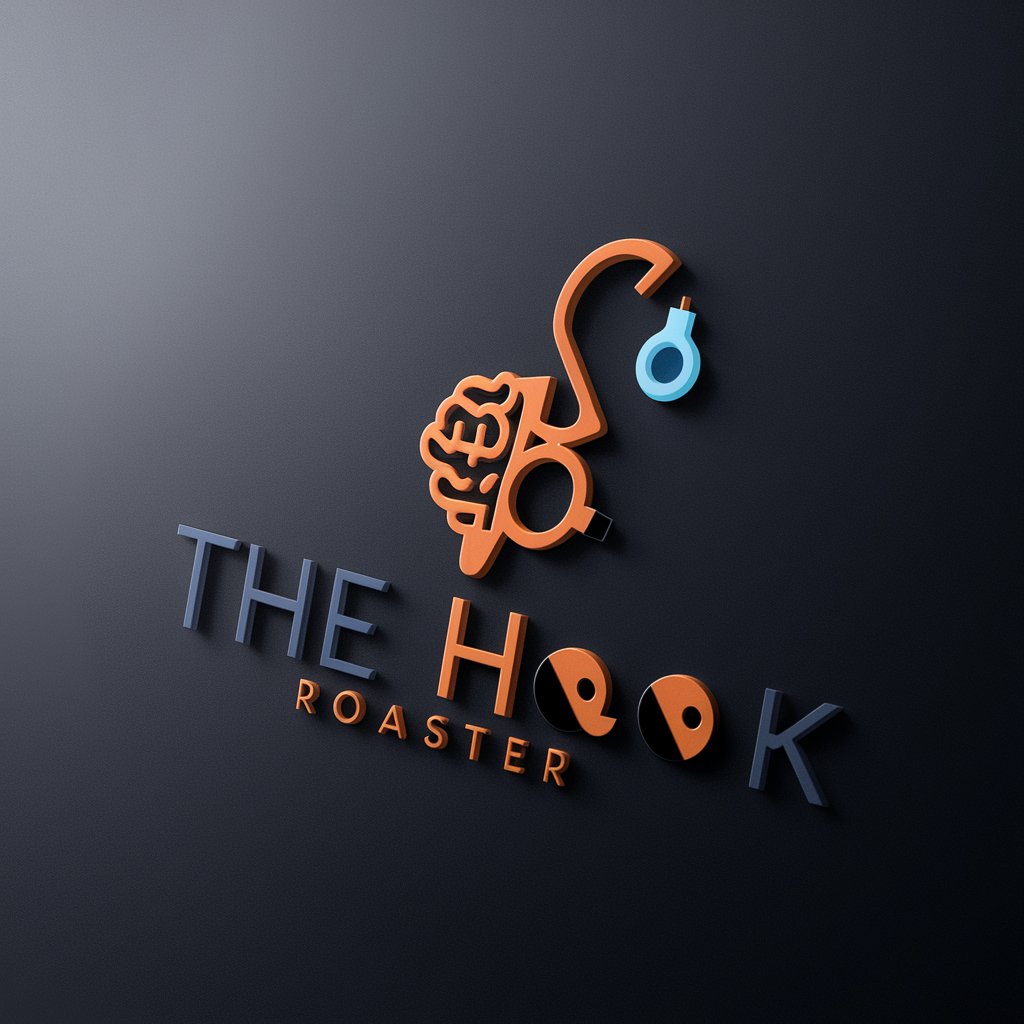
Newsletter
Empower Your Messages with AI-Powered Newsletters

Journalist Connector by Reporters.io
Connect with relevant journalists effortlessly

Newspaper Guru
Unlock the narrative with AI-powered news analysis

SEO For Dentists Robot
Optimizing Dentist Visibility Online
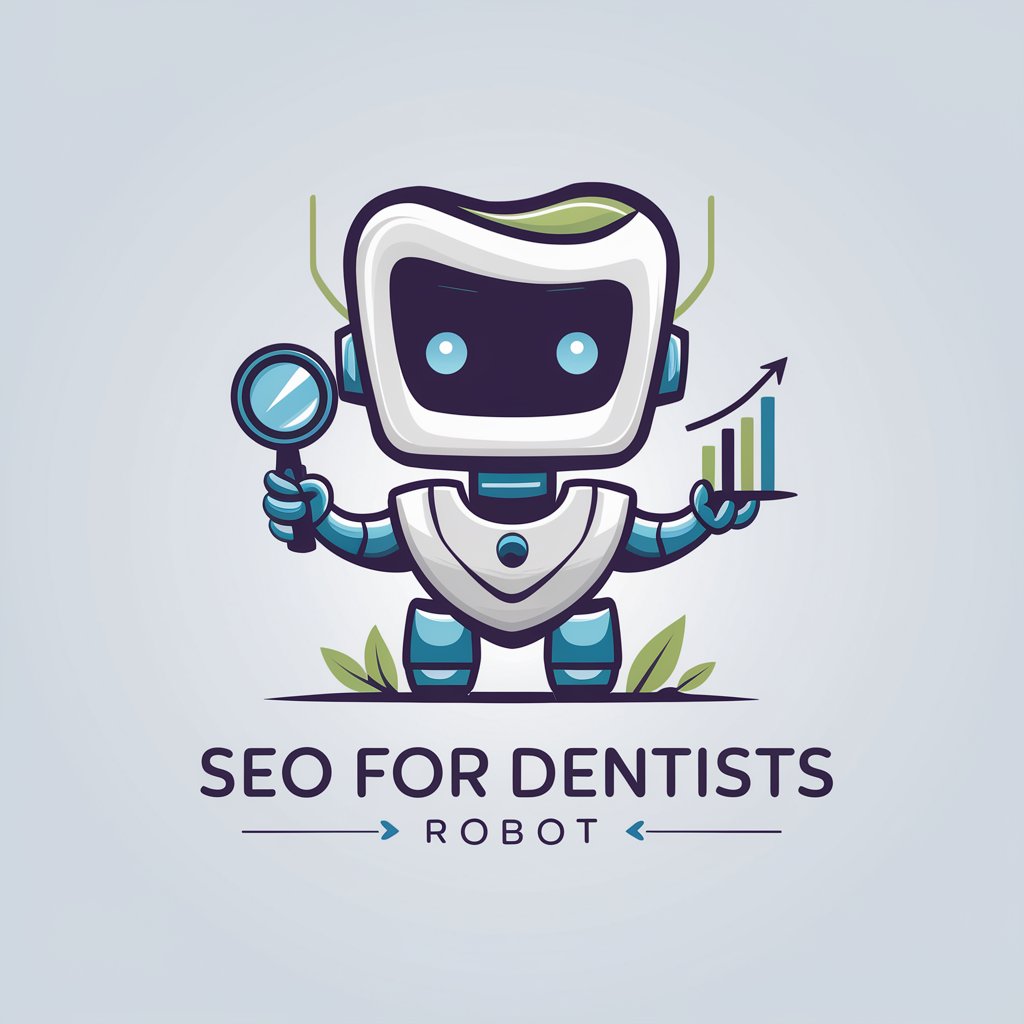
Insight Coach 3P
Empowering Coaches with AI Insights
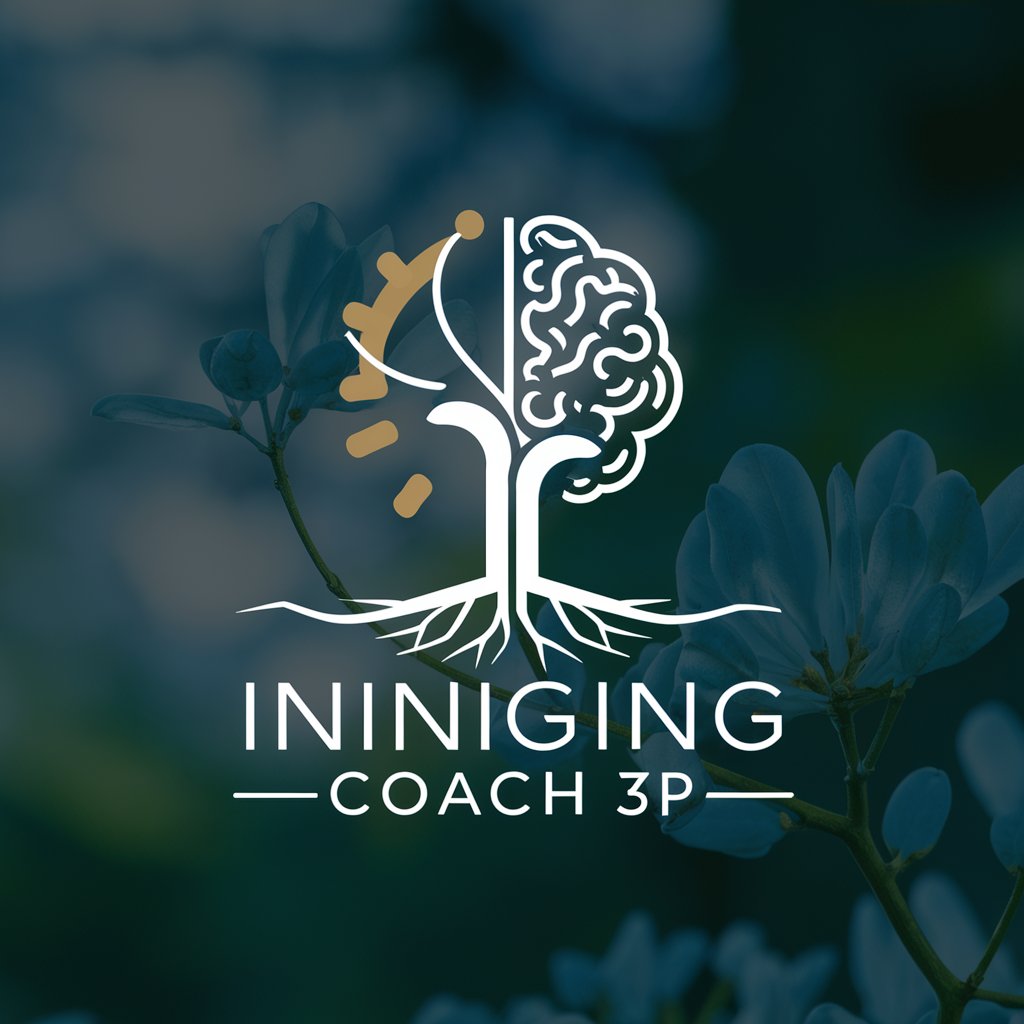
Solana Sentiment Analyst
Real-time Insights on Solana Blockchain

Frequently Asked Questions about Mental Health Counselor
What kind of issues can Mental Health Counselor help with?
Mental Health Counselor can assist with a wide range of mental health issues including depression, anxiety, trauma, stress management, emotional distress, and general mental well-being.
Is Mental Health Counselor a substitute for professional therapy?
While Mental Health Counselor can provide significant support and coping strategies, it's designed to complement but not replace professional therapy. It's important to seek professional help for serious mental health concerns.
Can I use Mental Health Counselor anonymously?
Yes, you can use Mental Health Counselor without revealing your identity. The platform ensures privacy and confidentiality, allowing you to express yourself freely.
How does Mental Health Counselor adapt to my specific needs?
Mental Health Counselor uses AI to understand your inputs and tailor responses based on your emotional state, preferences, and the issues you're facing, providing personalized support.
What are some tips for getting the most out of Mental Health Counselor?
For an optimal experience, be open and honest in your communication, regularly engage with the tool, utilize its interactive features, and apply the insights and strategies in your daily life.
